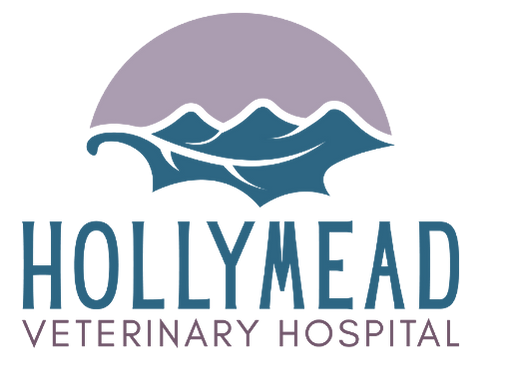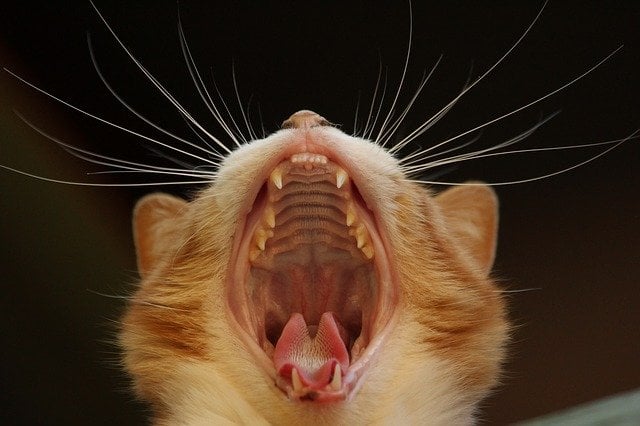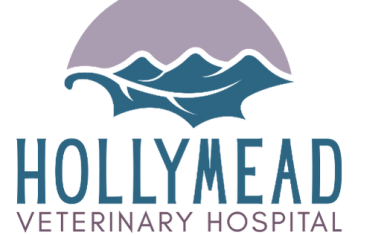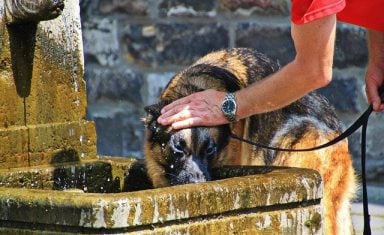Bad breath is disgusting, yet for some reason we just laugh it off in our pets. Sometimes bad breath, also known as halitosis, can affect people’s relationships with their pets. There are numerous ways to prevent and aid pets with notoriously foul mouths. The most important thing to remember is that your veterinarian needs to evaluate your pet’s mouth for the cause. Most of the time bad breath is due to dirty teeth, but can be associated with infections, cancer and metabolic diseases such as kidney disease.
Routine dental cleanings are extremely helpful in battling bad breath. Frequency of dental appointments depends on the pet. As our pets get older most need dental cleanings every year and a few pets need them every 6 months. Every 6 months may seem excessive but think of how clean and fresh your breath and teeth feel after routine dental cleanings to the dentist every 6 months.
Brushing your pet’s teeth daily with a special formulation of toothpaste for cats and dogs is considered the Gold Standard for oral hygiene. Even if you forget to brush your pet’s teeth for a few days, it is still encouraged. In fact, pets usually love the routine of getting their teeth brushed because it is extra time spent with you, and they get a treat of a meat or vanilla flavored toothpaste.
Another tool to aid with bad breath is dental chews. The most popular treats recommended by veterinarians are Greenies and CET chews. If you prefer to use another product, it is important to remember that if you cannot bend the treat in your hands do not use it. This is because products that are too hard can break and damage teeth.
There are also specially formulated dental diets that use abrasion or enzymes to help reduce plaque and tartar build up on teeth. These diets can be used as maintenance diets or as treats. Please talk to your veterinarian before using these diets. Dental diets can be purchased at your veterinarian’s office.
It is possible to reduce and eliminate bad breath from our pets. For any questions or advice on at home dental care techniques please contact your local veterinarian.
For more information, contact our team at VETSS!



